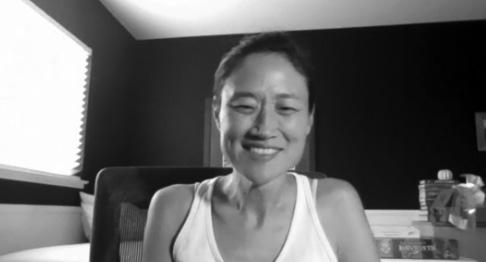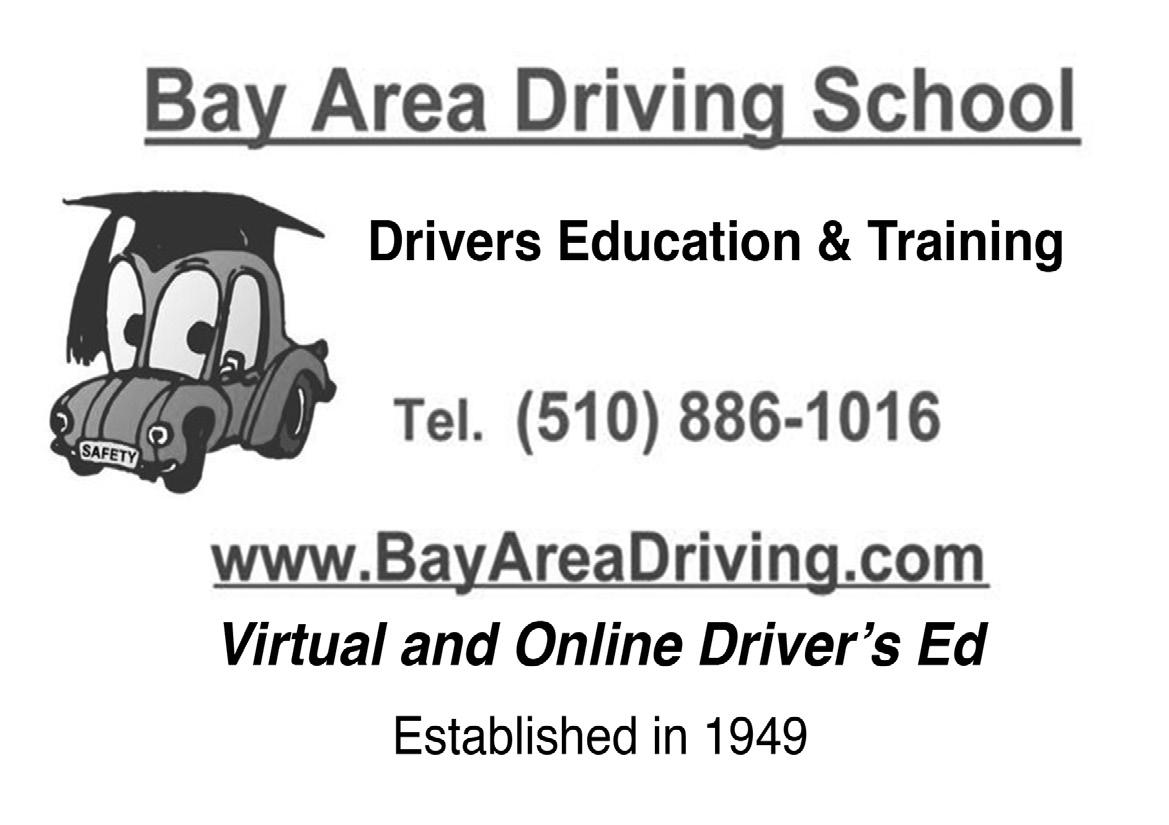
4 minute read
Mina Kim inspires young journalists Teens teach tech
By Kaitlyn Tchang
It’s 10 a.m. on a weekday morning, and with the touch of a radio dial, Mina Kim’s voice “Forum,” Kim reaches millions of California.
Advertisement
“Forum” uniquely tackles current social and political issues. Each day, Kim spends the at least one guest, questioning them thoughtfully while deftly fielding live questions from listeners.
But Kim’s path to radio she knew at this point that she ultimately wanted to pursue a change to the world. She did not realize journalism was her true calling, however, until she gained the opportunity to shadow a journalist and editor fellowship program.
Through that experience, Kim recognized the value journalism has in educating the community.
“I thought, that’s so cool that you are out there gathering the issues are,” she said.
Soon after, Kim took an internship at KQED with the reporter, which allowed her to directly witness stories and interview people at the scene. In this way, Kim likens journalists,
Kim’sownresponsestointense stories have had a profound impact on her. She vividly covering the protests following the killing of Oscar Grant in Oakland: “This was when the verdict was announced for the marginalized and disregarded. She reports that journalists have whether the “gatekeepers of value them for their individual perspective, skills, and talents, or the mere “diversity points’’ has undergone rapid political polarization over the past few years. In an era where traditional news sources are hosting a show that informs comes with challenges. While Kim acknowledges this, she also details how “Forum” has an opportunity to more easily crystallize “what matters, and our willingness to articulate what as a journalism organization at KQED, and what as a show, we should do.”
Identifying what matters to “Forum” has yielded two core areas of focus. Firstly, the show must prioritize “stories that giving people good information.
By Anjali Yadavalli
to that is really powerful and the Friday host of KQED’s program, “Forum,” while the show’s main host of over two decades, Michael Krasny, hosted the other four weekdays. Six years later, Kim took over the daily 10 a.m. segment of “Forum,” a position she continues to hold to this day.
appreciated how race intersects with a journalist’s craft. Hailing from St. John’s, Newfoundland, Kim identifies as Korean she sees as intertwined with her skills. She explained that her from having shared similar person: “So that is in a way a superpower.... the kinds of things that you experienced as a result of your race are part of your skillset.” however, Kim is no stranger to having this “superpower” there existed the “journalistic ideal” of a “view from nowhere,” wherein journalists were expected to suppress their experiences and identities, all in the name of impartial reporting. In reality, however, diversity is critical to true, honest journalism.
“[Diversity] is deeply, deeply important [to journalism]. It is actually essential to accurate reporting. Because if you are constantly reporting from the lens of a relatively singular experience, then you are only ever going to get that portion of whatever experiences they have had,” Kim said.
The journalism industry has diversify and accept divergent perspectives, though it still has a long way to go—52% of nearly 12,000 journalists surveyed reported a lack of racial and ethnic diversity in their news organizations— and Kim recognizes that this movement is occurring faster in some places than others.
One such place where diversification efforts have KQED, particularly Kim’s show, is apparent in how “Forum’s” producers have told her, “‘Mina, that address the importance of diversity or representation or inclusion. I do a lot of of my experience in growing of experiences as well.” to these topics is purposeful,
” Kim explained that this is organization “whose function is make... good decisions [and] vote in an informed way,” is “very much an entity that is essential to a functioning democracy.” centering the affected populations of each story or issue they examine. “We’re going to lean into the humanity of focus,” she said.
Keeping these core foci in mind while hosting an engaging task to accomplish every day, and the challenge” of live radio. where I’m like ‘Oh, I shouldn’t have said that,’” Kim admitted, laughing. Or, “‘I don’t know why I’m saying this.’ But that happens. Sometimes that’s not a very polished process when the moment. But I think people who like tuning into a live show value hearing people think and process in real time.” aspiring journalists and interviewers are thus to simply listen to the people you are interviewing and trust your instincts. that what is interesting to you matters and is important and people as well.” presented to elementary schools foundational principles of how the world around us works. STEM lets students think their everyday lives. The CVHS insight for younger students and helps high school students gain experience working in STEM environments.
Exploring and learning from the challenges of radio smooth sailing. Early on in having to work through feelings of impostor syndrome, until she realized that people were they genuinely valued her interviewing intuitions.
This is a shortened version of the article. You can access the full version on our website.
STEM Sessions for elementary plans to do activities involving science experiments, tutoring mediums in art, working with technology, and so much more. When STEM is inserted into a student’s life at a young age, it opens their thoughts opportunities provide students critical evaluation. Sciences, technology, engineering, and math all develop and older, interposing STEM could understanding and foundation
When STEM is taught during taking in new information. STEM not only aims at the targets using teamwork and life situations. It encourages and understanding that working case. It urges asking for help and asking questions when needed. part of anyone’s life at any age.
STEM is important. It’s the foundation for everything, it’s Ni thinks that when younger children are exposed to STEM ways. Even if they don’t think it’s useful at this exact moment, in the future.
STEM sessions provide lots of insight and information on things that regular classes in school don’t supply.










